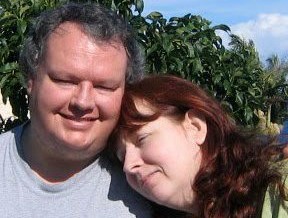Low-fat diets are starting to be discredited all over the place. Here is a study that spent $700M over 8 years, trying to prove that low-fat diets with lots of added veggies and whole grains helped post-menopausal women avoid or recover heart disease and diabetes.
http://www.samj.org.za/index.php/samj/article/view/7343/5494
In fact it found the exact opposite.
“Women with diagnosed cardiovascular disease at the start of the trial who adopted the ‘healthy heart’ low-fat eating option had a risk of developing future cardiovascular complications that was 26% higher than that of the non-intervention group.”
“The leanest women at the start of the trial gained weight on the low-fat diet and those with the least insulin resistance at the start of the trial were at greater risk of developing type 2 diabetes mellitus (DM) if assigned to the low-fat diet.”
“The low-fat diet also worsened glucose control in women with diagnosed diabetes”
More links along the same lines
The episode of Dr. Oz’s TV show where he denounces low-fat dietary advice
http://www.dietdoctor.com/dr-oz-positive-lchf-alzheimers
The acclaimed article in BMJ on saturated fat not being the problem
http://www.dietdoctor.com/heart-doctor-time-bust-myth-saturated-fat-heart-disease
The report from Credit Suisse on the dangers of sugar
http://www.dietdoctor.com/sugar-sweet-bitter-aftertaste
The recent episode of the Australian science television show on how saturated fat is not the cause of heart disease.
http://www.dietdoctor.com/real-cause-heart-disease
